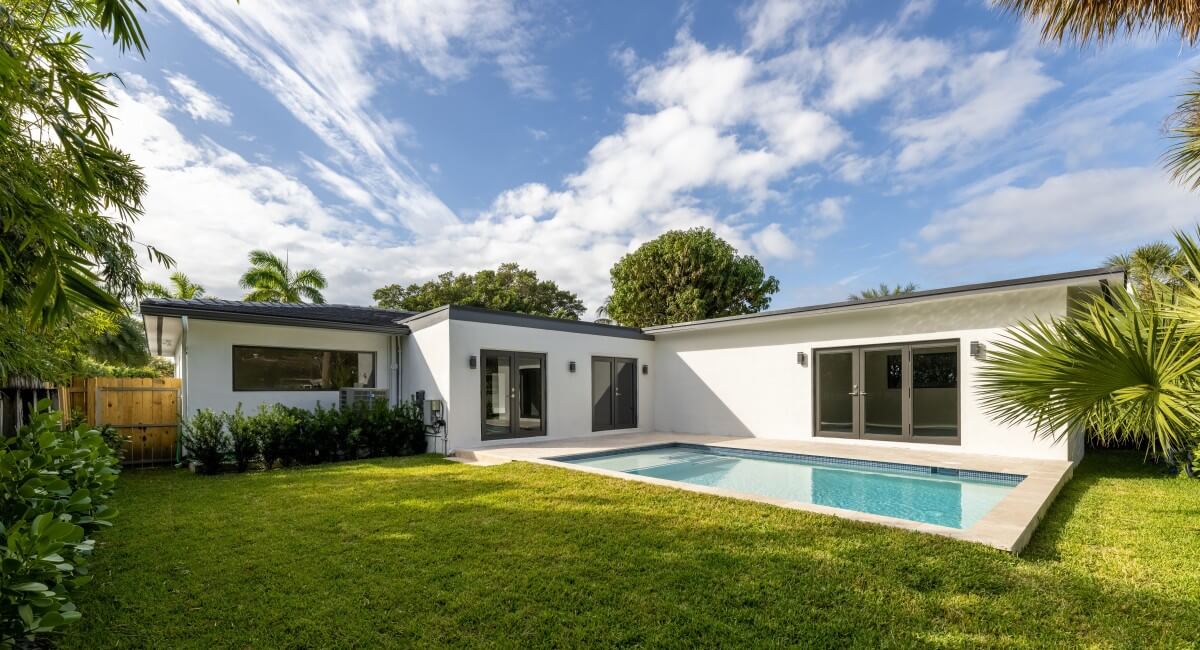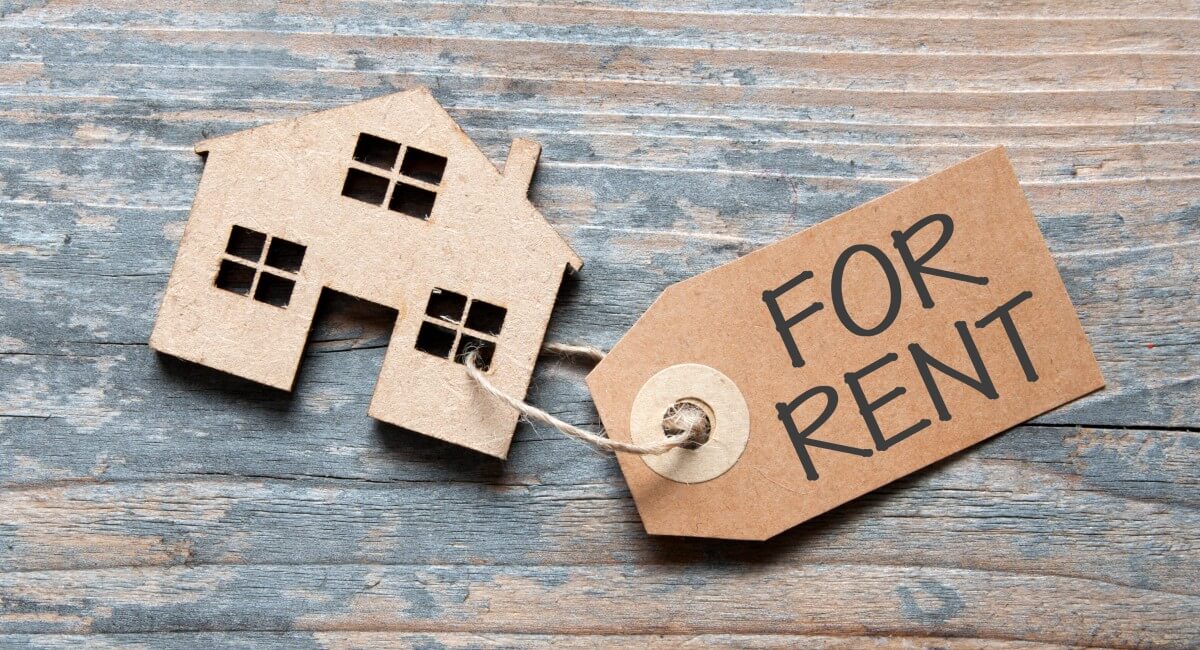Is your first home also your first investment property?
If you’re buying a home in Raleigh, Cary, Apex, Holly Springs, or Fuquay Varina, you may be thinking about more than just living space. Many homeowners choose a property they can later convert into a rental—giving them flexibility and long-term financial upside.
Not every home makes a great rental, but with the right strategy, your primary residence could one day generate steady income.

Options for Generating Rental Income
There are several ways to turn your home into an income-producing property:
✅ Rent Out a Room
If you have an extra bedroom, renting it out can help cover your mortgage while you live in the home. This option is especially popular with first-time buyers.
✅ Buy a Multifamily Property
Living in one unit of a duplex or triplex while renting out the others can dramatically offset your monthly mortgage. Just be prepared for extra upfront work and landlord responsibilities.
✅ Rent Out the Whole Home
Buy a single-family home now, and when you’re ready to move, convert it to a rental. If rent covers the mortgage, you’ll keep building equity with little to no out-of-pocket cost.
✅ Try a Short-Term Rental
In tourist-friendly areas, converting your home into a short-term rental can be profitable. This option requires more hands-on management but offers strong earning potential.

What to Consider When House Hunting for Rental Potential
The perfect home for your family may not always make the perfect rental. Keep these five factors in mind when evaluating properties:
1. Location
Location determines what kind of renters you’ll attract. For example:
Tourist areas = strong short-term rental potential
City centers = professionals
College towns = students
Proximity to shopping, parks, and public transit also increases appeal.
2. Real Estate Market
Some areas have stronger rental demand than others. Look at current and past rental rates and housing trends. A growing, developing area is usually a positive sign.
3. Job Market
A healthy local job market means steady renter demand. Conversely, weak job growth can increase vacancy risk.
4. HOA Rules
HOAs often restrict rentals—especially short-term ones. Always review the bylaws before buying.
5. Costs of Ownership
Factor in property taxes, insurance, repairs, and utilities when calculating whether your rental income will cover expenses. Having a reserve fund is essential.

Tips for Converting Your Home Into a Rental
Before you hand over the keys to tenants, make sure you’ve covered these important steps:
✔ Check Your Mortgage
Some lenders require you to live in your home for at least one year, or to convert your mortgage to an investment loan before renting.
✔ Plan for Taxes
Rental income is taxable. Setting aside money quarterly—and leveraging deductions for expenses like repairs and mortgage interest—can help keep your finances in check.
✔ Check Local Laws
Many cities require a rental permit or inspection before you can lease your home. Contact your local municipality for details.
Final Takeaway
Turning your home into a rental can be a smart wealth-building move. By choosing the right property now, you give yourself flexibility for the future—whether that means earning side income, paying down your mortgage faster, or building a long-term investment portfolio.
Next Step
I’m Paul Huber, REALTOR® with Huber Real Estate, helping buyers and investors across Raleigh, Cary, Apex, Holly Springs, and Fuquay Varina. If you’re considering a home with rental potential, let’s connect—I’ll help you identify properties that work for both today and tomorrow.

